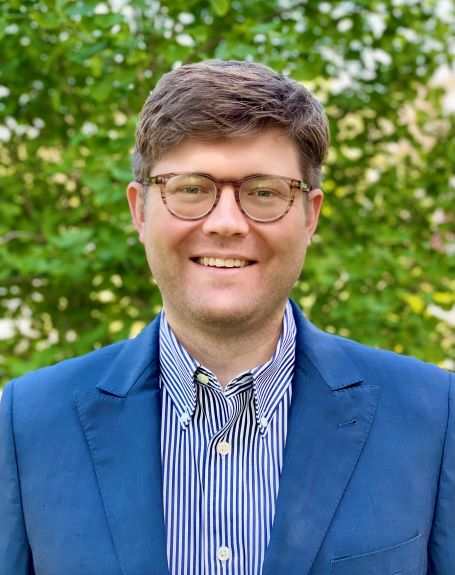Assistant Professor of Law
BA, 2008, Yale University; JD, 2017, UCLA Law School; Ph.D., 2020, UCLA Philosophy
Room 425 | Phone: 501-916-5412 | Email
Assistant: Room 407 | Phone: 501-916-5428
 Professor Wallace-Wolf is a graduate of the law and philosophy program at UCLA, where he earned a J.D. from the law school and a Ph.D. from the philosophy department. His main area of research concerns the distinction between what is private and what is public, and the significance of this distinction for law and morality. His dissertation, Mental Privacy, argues that persons have an important privacy interest in their thoughts that warrants legal recognition. His recent scholarship discusses the protection of anonymity under the First Amendment and the justification for the principle that no one may be punished for their thoughts.
Professor Wallace-Wolf is a graduate of the law and philosophy program at UCLA, where he earned a J.D. from the law school and a Ph.D. from the philosophy department. His main area of research concerns the distinction between what is private and what is public, and the significance of this distinction for law and morality. His dissertation, Mental Privacy, argues that persons have an important privacy interest in their thoughts that warrants legal recognition. His recent scholarship discusses the protection of anonymity under the First Amendment and the justification for the principle that no one may be punished for their thoughts.
Professor Wallace-Wolf has taught courses on torts, remedies, and privacy law. His teaching focuses on giving students the tools to untangle difficult legal problems, and also, to find enjoyment in earnest intellectual effort.
Professor Wallace-Wolf is currently a member of the California state bar. Outside of law, he enjoys exercising and fiddling with computers.
